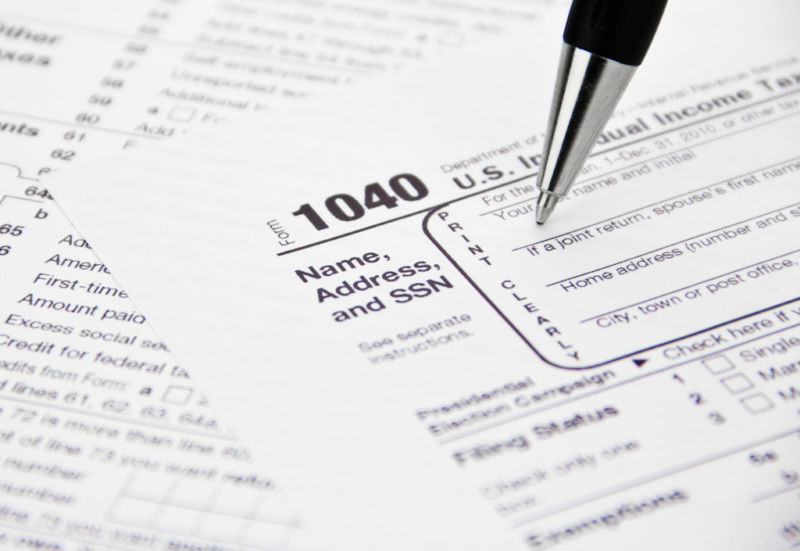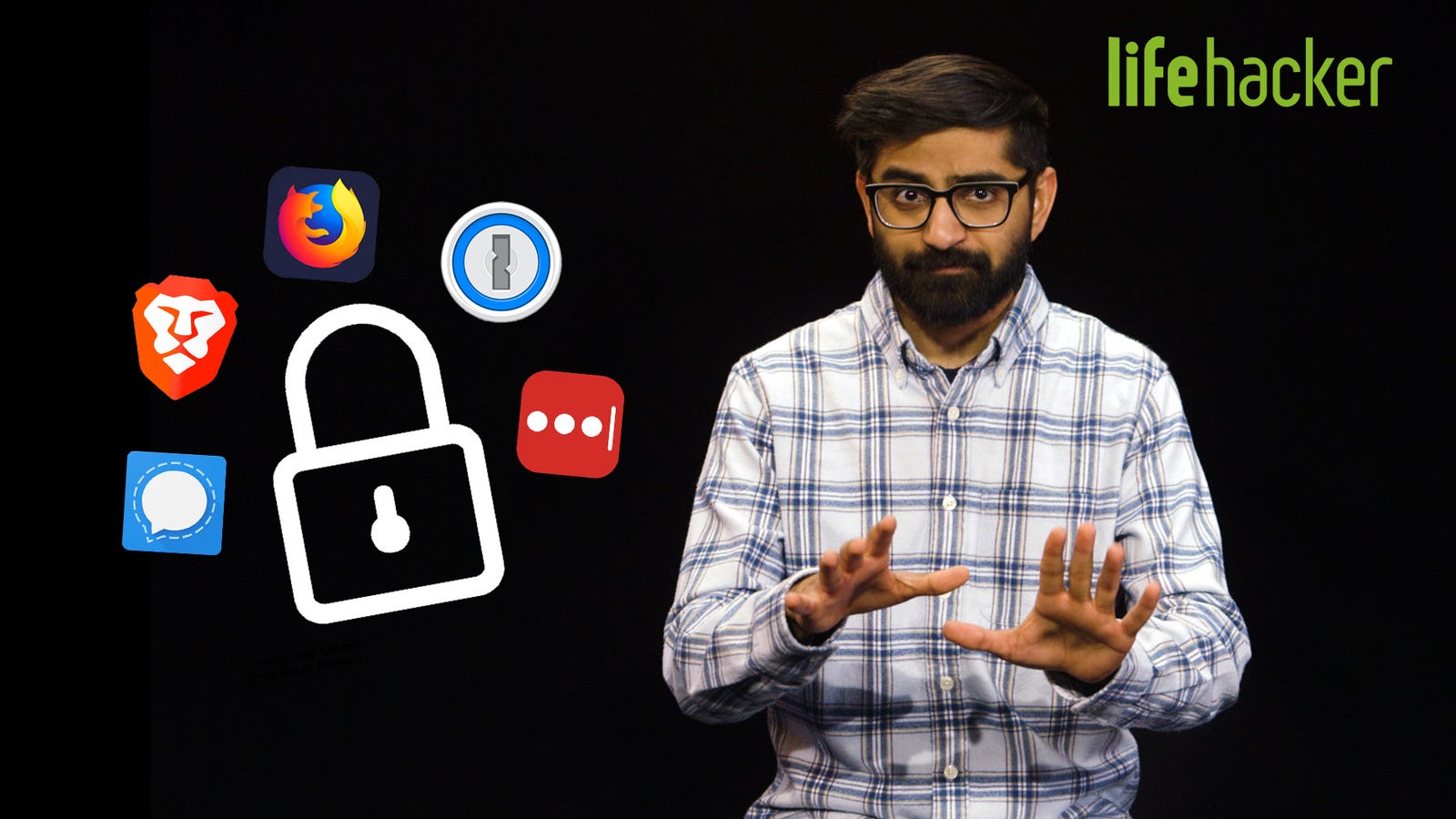https://arstechnica.com/?p=1488363

Just in time for Tax Day, the for-profit tax preparation industry is about to realize one of its long-sought goals. Congressional Democrats and Republicans are moving to permanently bar the IRS from creating a free electronic tax filing system.
Last week, the House Ways and Means Committee, led by Rep. Richard Neal (D-Mass.), passed the Taxpayer First Act, a wide-ranging bill making several administrative changes to the IRS that is sponsored by Reps. John Lewis (D-Ga.) and Mike Kelly (R-Pa).
In one of its provisions, the bill makes it illegal for the IRS to create its own online system of tax filing. Companies like Intuit, the maker of TurboTax, and H&R Block have lobbied for years to block the IRS from creating such a system. If the tax agency created its own program, which would be similar to programs other developed countries have, it would threaten the industry’s profits.
“This could be a disaster. It could be the final nail in the coffin of the idea of the IRS ever being able to create its own program,” said Mandi Matlock, a tax attorney who does work for the National Consumer Law Center.
Experts have long argued that the IRS has failed to make filing taxes as easy and cheap as it could be. In addition to a free system of online tax preparation and filing, the agency could provide people with pre-filled tax forms containing the salary data the agency already has, as ProPublica first reported on in 2013.
The Free File Alliance, a private industry group, says 70% of American taxpayers are eligible to file for free. Those taxpayers, who must make less than $66,000, have access to free tax software provided by the companies. But just 3% of eligible US taxpayers actually use the free program each year. Critics of the program say that companies use it as a cross-marketing tool to upsell paid products, that they have deliberately underpromoted the free option, and that it leaves consumer data open to privacy breaches.
The congressional move would codify the status quo. Under an existing memorandum of understanding with the industry group, the IRS pledges not create its own online filing system and, in exchange, the companies offer their free filing services to those below the income threshold.
One member of the Free File Alliance explicitly told shareholders that the IRS “developing software or other systems to facilitate tax return preparation…may present a continued competitive threat to our business for the foreseeable future.”
The IRS’ deal with the Free File Alliance is regularly renegotiated and there have been repeated, bipartisan efforts in Congress to put the deal into law.
Those efforts have been fueled by hefty lobbying spending and campaign contributions by the industry. Intuit and H&R Block last year poured a combined $6.6 million into lobbying related to the IRS filing deal and other issues. Neal, who became Ways and Means chair this year after Democrats took control of the House, received $16,000 in contributions from Intuit and H&R Block in the last two election cycles.
Neal, who describes himself as a longtime champion of the existing Free File program, has argued that it would “would help low- and moderate-income taxpayers.”
Free File Alliance Executive Director Tim Hugo called it “a great idea when you can provide a great product—free tax returns—to Americans at no cost to the federal government.” An H&R Block spokesperson said the company believes “Free File should be the subject of ongoing improvement, and we are committed to working with all parties to strengthen and improve Free File on behalf of the American taxpayer.”
Spokespeople for Neal, Lewis and Kelly did not immediately respond to requests for comment about the provision. A companion Senate bill with the same provision has been introduced by Sens. Chuck Grassley (R-Iowa) and Ron Wyden (D-Ore).
While efforts to make the IRS’ deal with the tax preparation industry permanent have fizzled in the past, critics are particularly worried this year. The Taxpayer First Act also includes a provision that would restrict the IRS’ use of private debt collectors to those above a certain income. A Wyden spokesperson said the current bill is a “bipartisan, bicameral compromise, so it includes priorities of both chairmen and ranking members.” Wyden “supports giving the IRS the resources it needs to offer more services to taxpayers,” the spokesperson added.
Do you have information about the IRS or the tax preparation industry? Contact Justin Elliott at justin@propublica.org or via Signal at 774-826-6240.
This story originally appeared on ProPublica.
via Ars Technica https://arstechnica.com
April 9, 2019 at 08:42AM

